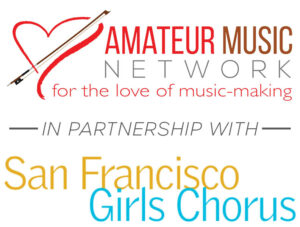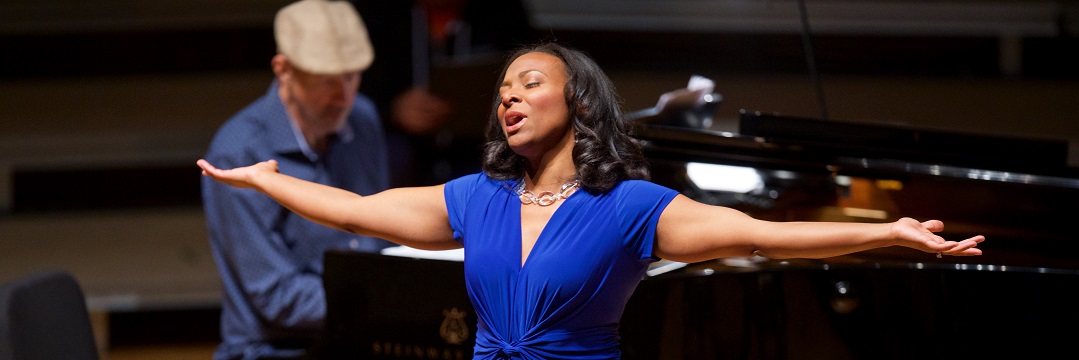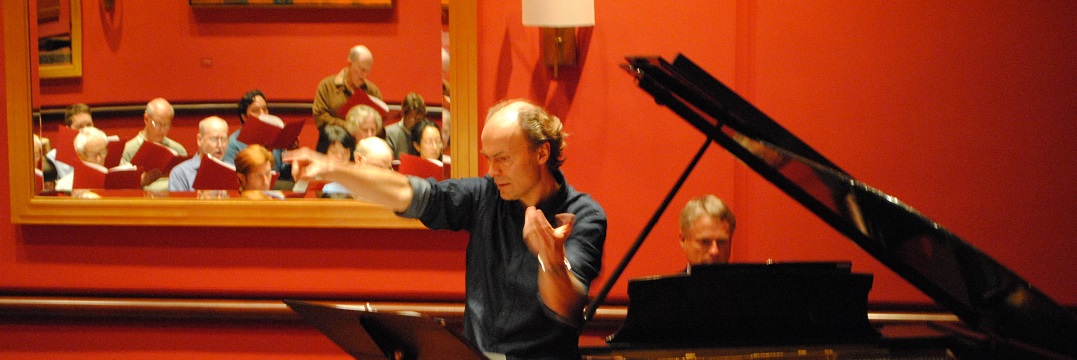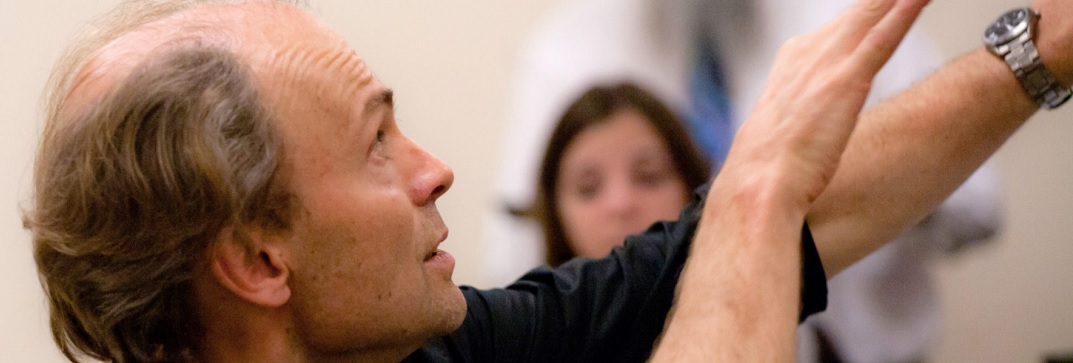This is the final installment of AMN founder Lolly Lewis’s interview with Singing Saturdays mentor Ragnar Bohlin. Read Part 1; read Part 2.
Our April series focuses on Verdi’s Requiem and some of his choral works. What’s important for singers to know about Verdi?
He didn’t write a lot of choral music, did he? Apart from the opera choruses, we have the Quattro Pezzi Sacri, an Ave Maria for women’s choir, and the Pater Noster for a cappella chorus. That’s another reason to cherish the Requiem, which of course is one of the pinnacles of the high Romantic era, one of the absolute masterpieces, and so focused on the chorus.
In the Requiem Verdi was very democratic, in that sometimes he gives the head role to the chorus—he lets the soloists accompany the chorus. The Requiem has a lot for the chorus to do, with quite a few challenges! It’s almost medieval at the beginning, very chantlike. And then it has the mellifluous lush romantic sound, juxtaposed with fast and virtuosic passages, as in Sanctus. You know, the Requiem has been called Verdi’s greatest opera, and it received some early critiques for that style. But we have to be aware that in Italy in the 19th century there was no distinct barrier between church music and opera. There was a movement started from the mid-19th century, called Cecilianism, that aimed to separate the two and make church music more “churchy.” But obviously Verdi did not pay heed to that.
And we will also be singing some of his opera choruses.
Yes, it will be interesting for us to go full opera chorus with them!
Verdi is such a master of atmosphere and mood, as if he’s developing a character. But the Requiem isn’t character driven.
No, it’s text driven, although it sometimes gets very personal, as with the Lacrimosa.
When we started the Amateur Music Network online choral workshops, the format was quite different. The first two, in July and September 2020, were single sessions, just under an hour each. Now we have three- or four-session series, and the focus has expanded.
In the beginning, the focus was more on vocal technique. That was good, but we discovered that people were equally interested in harmonies and theory, and in the poetry of the music. So Singing Saturdays evolved. Now it’s a hybrid of a choral literature class, a harmony class, a vocal coaching class, and a rehearsal. Also, in the beginning we weren’t sure what we were building toward: some sort of outdoor performance together? But that idea drifted away, and the Zoom workshops have become their own goal.
[Read “Virtual Amateur Chorus,” a poem by Alice Elizabeth Rogoff.]
I think it’s healthy for people to get in the habit of making music and listening to music in an active way without it being goal oriented.
It’s that hour together, being in the now. We’re not fighting the clock, not working toward a performance. We can even sing each other’s parts and learn from that experience. Even though we can’t hear each other on Zoom, the connection is very palpable. You feel the presence of everyone there.
Pictured: Ragnar leading a workshop at the San Francisco Symphony’s Community of Music Makers in November 2014.





